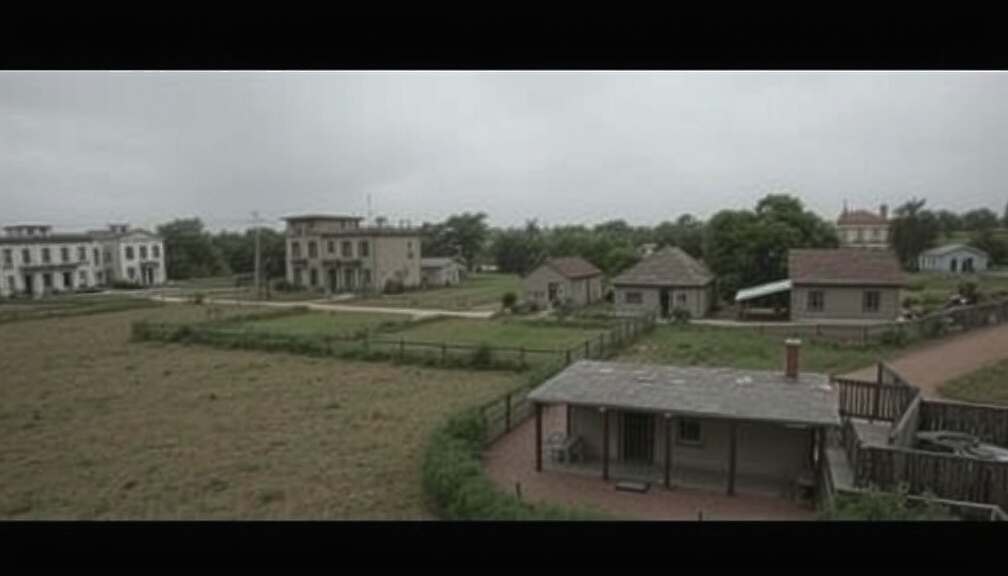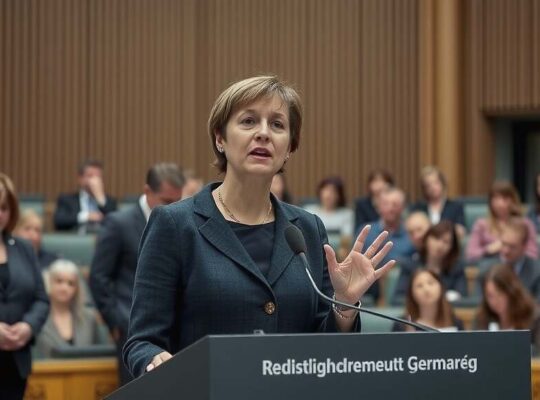The German government’s East Commissioner, Elisabeth Kaiser, has called for increased efforts to support structurally weaker regions. In an interview with “ARD Interview der Woche” she emphasized the necessity of pursuing equitable living conditions throughout eastern Germany, while simultaneously ensuring that any political initiatives also benefit areas in western Germany facing similar challenges.
Ms. Kaiser acknowledged that disparities in income, wealth and political representation are becoming entrenched. Her role, she stated, is to highlight issues requiring attention and to promote constructive dialogue. While recognizing the significance of these challenges, she cautioned against fostering an atmosphere of alarmism, emphasizing the need to focus on solutions and proactively develop measures to address the underlying issues.
The legacy of the former German Democratic Republic (GDR) and the experiences of those who lived through the transition period following reunification are viewed by Ms. Kaiser as a shared heritage, continuing to profoundly influence perspectives, attitudes and institutional trust. She observed that this historical context contributes to a weaker tradition of party affiliation and faith in institutions within eastern Germany, creating vulnerabilities that populist forces can exploit during times of crisis. The Commissioner stressed the need for policymakers to alleviate anxieties rather than exacerbate them and expressed a desire to better leverage the experiences of the East in adapting to change.












